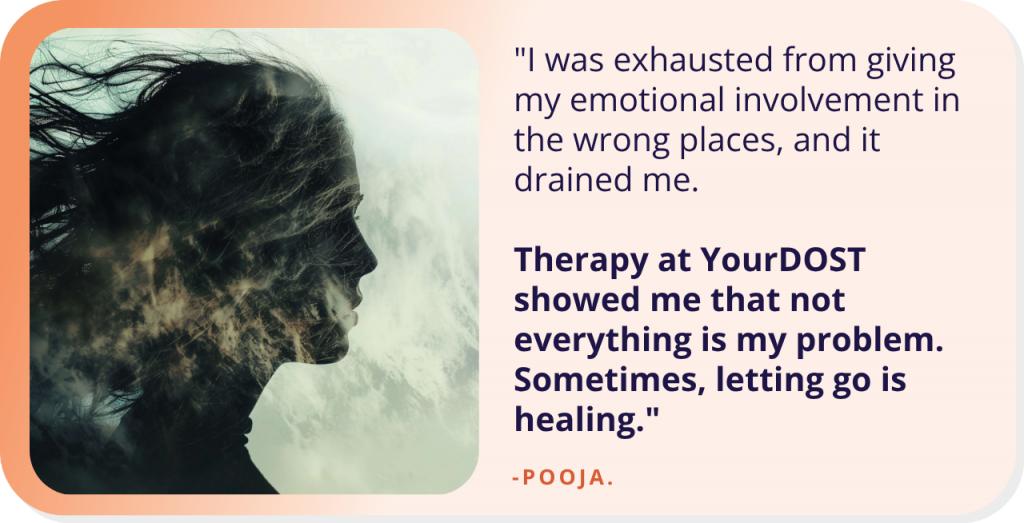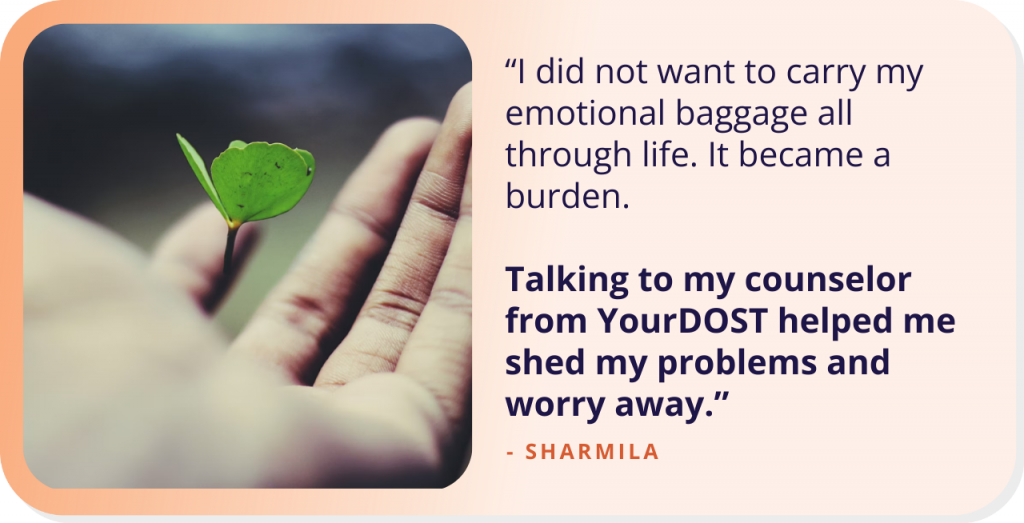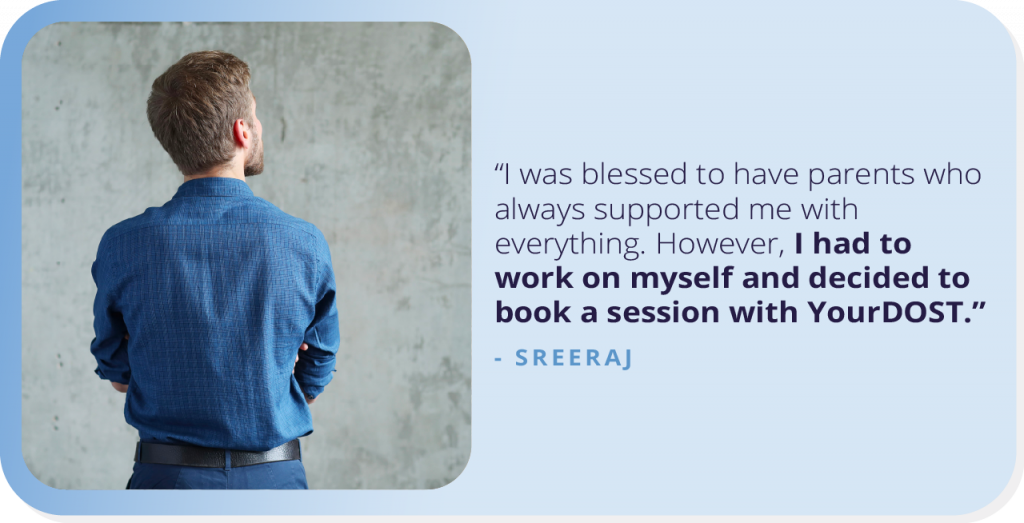How Does The Vicious Circle of Status Quo Bias Stop You From Accepting Change
Your friend has just had a fight with her boyfriend, not a new thing at all; and calls you to tell you how pissed off she is with him and is breaking off the first thing in the morning. But you don’t believe her, this is not the first time she has said so. Actually, this is an everyday affair. She says she wants to break-up but never does.
Sounds familiar? Or maybe this one might. Every day you decide you are going to quit smoking and be done for good with the habit. But the very next day you say “one can’t do harm” and the next thing you know, you are a smoking chimney.
Isn’t it funny? We know smoking is bad for health, we know we should stop the habit, we know we need to move away from our abusive partner, save money, start exercising or pick up a new habit. But somehow, it feels like the whole universe is hell bent on not letting us do so!
Is it really an external force that is keeping us from changing our old habits? Or is it something to do with our brain?
Let us look at the psychology of decision making in humans and look for an explanation.
It is clearly evident that not all of the decisions we take in our day to day life are rational. Emotions may play a heavy role in decisions, and sometimes they can be so irrational that we keep choosing something that is extremely unhealthy or bad for us as an individual or a society. As the saying goes, “ a known devil is better than an unknown angel”. Sounds stupid, isn’t it? But this is one of the phenomena that is constant in all our lives. Behaviour economists like to call it “status quo bias”; one of the many cognitive biases we experience every day. What it means is that we tend to maintain or work towards maintaining the current status of situations; good or bad. Venturing into unknown territories is something that we unconsciously resist. Think of the time when you wanted to try food from a different restaurant, spent half an hour scouring through the menu and ended up ordering another domino’s pizza.
We consciously say we want to change a situation, we try and schedule ways in which we would move towards it; but then something just ticks us off from taking that ‘step’. Whether it is telling our partner that we are not going to take their abusive attacks, or to change that bank account that can give us much better offers! We may start filling out the form, even finish the uploading the documents; but there is a good chance that we would come back to the old habit.
The primary thought that goes in our mind is that what if we change the situation, and it is just worse than now? What if I leave my partner and I have to remain single all my life; this is the best I can get even if that means that I suffer in silence. Being in an abusive relationship is better than being single!
Change is a scary thing. It forces us out of our comfort zone (being abused for a long time makes that our comfort zone). We don’t know what lies on the other side. Our natural tendency is to maintain the balance, have a consistency that we can rely on. Whether that consistency is good or bad, that’s another question altogether. We want to get out of our current job, but our mind says we can’t get this salary anywhere else, what if I can never get another job and I lose this one too? We discount the positives that will come as a result of the change and magnify the negatives. The focus moves towards ‘not’ doing something.
Is it possible to move ahead and look beyond the bias?
One way is to do a cost-benefit analysis. That is to take a rationale stand and figure out how much cost would go into changing and/or not changing, and the benefits of changing and/or not changing. To know if status quo bias is the causative factor in the resistance to change, we can try the reversal test (Nick Bostrom and Toby Ord). The idea is to move in exactly the opposite direction of the parameters in the decision and see if we would accept; and if we deny, then try to understand what makes us feel current situation is optimal. For e.g., let’s say we spend Rs 10/- on a cigarette a day. Let us consider this situation in which we would receive Rs 10/- for not smoking that cigarette. Would we accept this? It may sound like a silly question and an obvious choice, but try it out! Any will be surprised by the answer. If you say yes no to the reversal, probably you are acting from biased state and feel spending x amount of money on smoking every day is an optimal condition.






